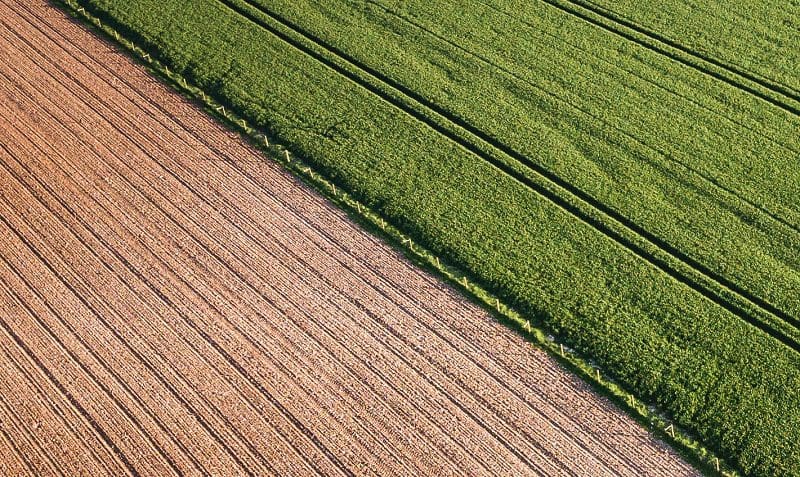
Photo by Ivan Bandura on Unsplash
Imagine a group of Americans facing a barrage of structural challenges: rapid demographic change, mortality rates 75% higher than comparable populations, deep racial inequities, a housing affordability crisis, high rates of concentrated persistent poverty, systemic barriers to accessing state and federal resources, front line impacts of climate change, a profound economic decline, to name a few. Surely, you’d think, this community would be a primary focus of philanthropy and a topic of nuanced national discourse. Yet, for too long, rural America has been either ignored or the subject of derision. National philanthropy’s part in the failure to recognize the importance of rural communities contributes to the deepening of cultural and political division and represents a missed opportunity to build a fully inclusive coalition of low-income communities uniting to create a more equitable and sustainable America.
We’re proud to be sharing Rural America: Philanthropy’s Misunderstood Opportunity for Impact, a paper providing a re-introduction to the current state of rural issues, and an invitation to funders to think more expansively about how incorporating a rural focus to their work can deepen their learning and impact. In the paper, we examine the inequities facing rural communities and their systemic causes, provide guidance on best practices for funders considering investing in rural, and introduce some of the key issues and opportunities in areas that many funders focus on, including health, education, economic development, and climate change. Over the next several months, we are also going to be publishing a series of blogs co-written with different leaders in the rural movement to raise up examples of the inspiring work being done in rural communities and to go deeper into different topics.
This work is deeply personal for us. Chris has lived and worked in small towns across New England and has witnessed his peers leave for urban centers, friends and family grapple with barriers to accessing basic services, and the decline and struggle of small farms and industries. At the same time, he has seen new growth as regional economies find footing with outdoor tourism, refugees launch successful new farms, and the development of innovative new uses for sustainable forestry products.
Joelle grew up in a rural Iowa farming community. She knows there’s a lot that’s going well in rural America, but there’s also a lot that needs more investment. It’s unfortunate that philanthropy’s focus on “scale” and “reach” has tended to concentrate its money in areas with the most people per square mile, and has thus resulted in underinvestment in large geographic areas of the country. She’s hopeful that philanthropy will balance out its investments to have a greater focus on rural America, to address the challenges it faces, but also lift up the lessons from all the great work that is already happening.
As we write in the paper, Americans hold complex, contradictory, and deeply ingrained narratives that shape our nation’s policies and actions toward rural communities. One interviewee described this dynamic: “Americans simultaneously view rural areas with both romanticism and disdain.” We invite you to join the conversation, to perhaps find a new way of thinking about rural America. We’re also inviting you to think more deeply about how philanthropy can better support rural America. The ask isn’t a new one, but we’re hoping that as you set intentions and plan funding for 2022 and beyond, you’ll consider more rural investments.
Please reach out if you have any questions or would like to be part of the conversation—to learn or to share:
